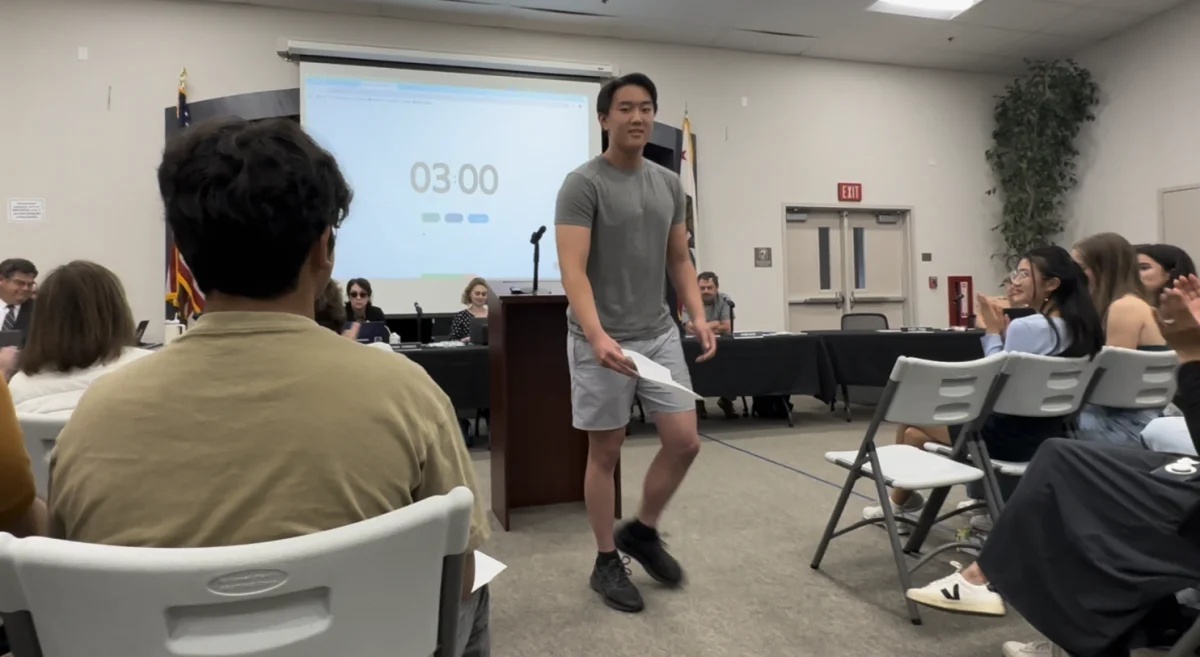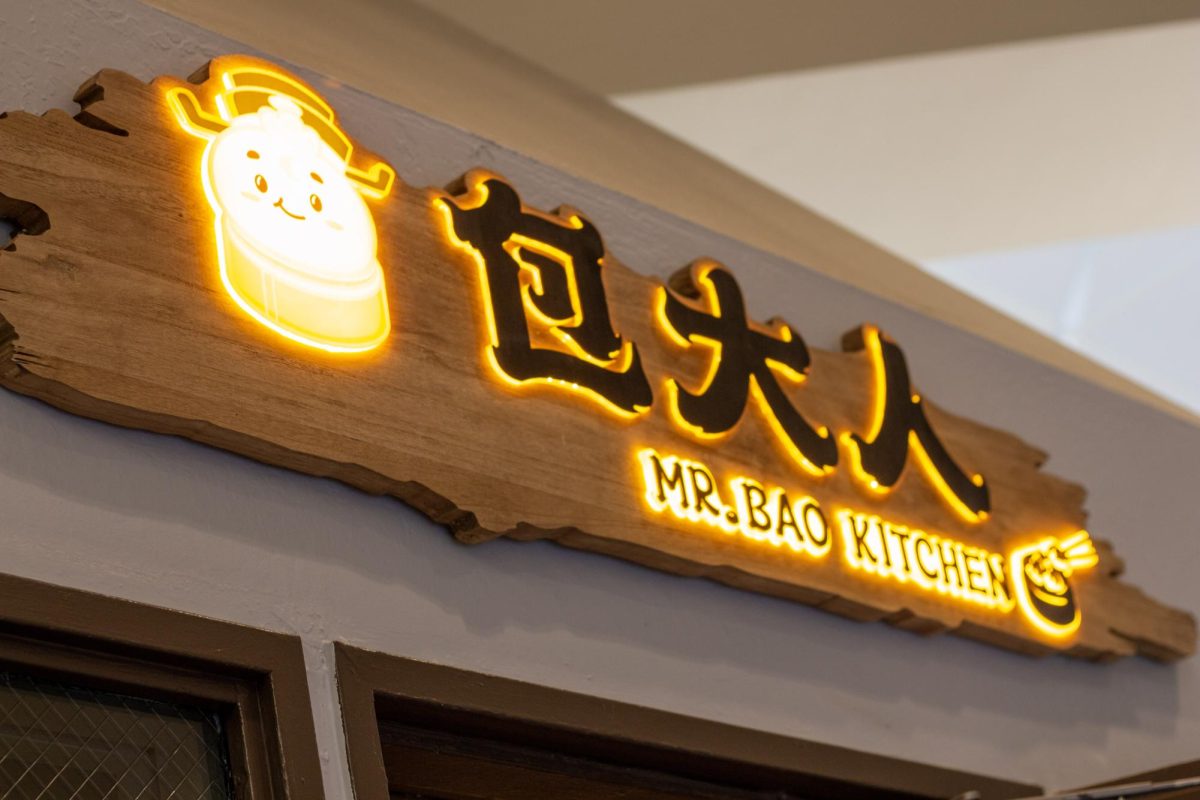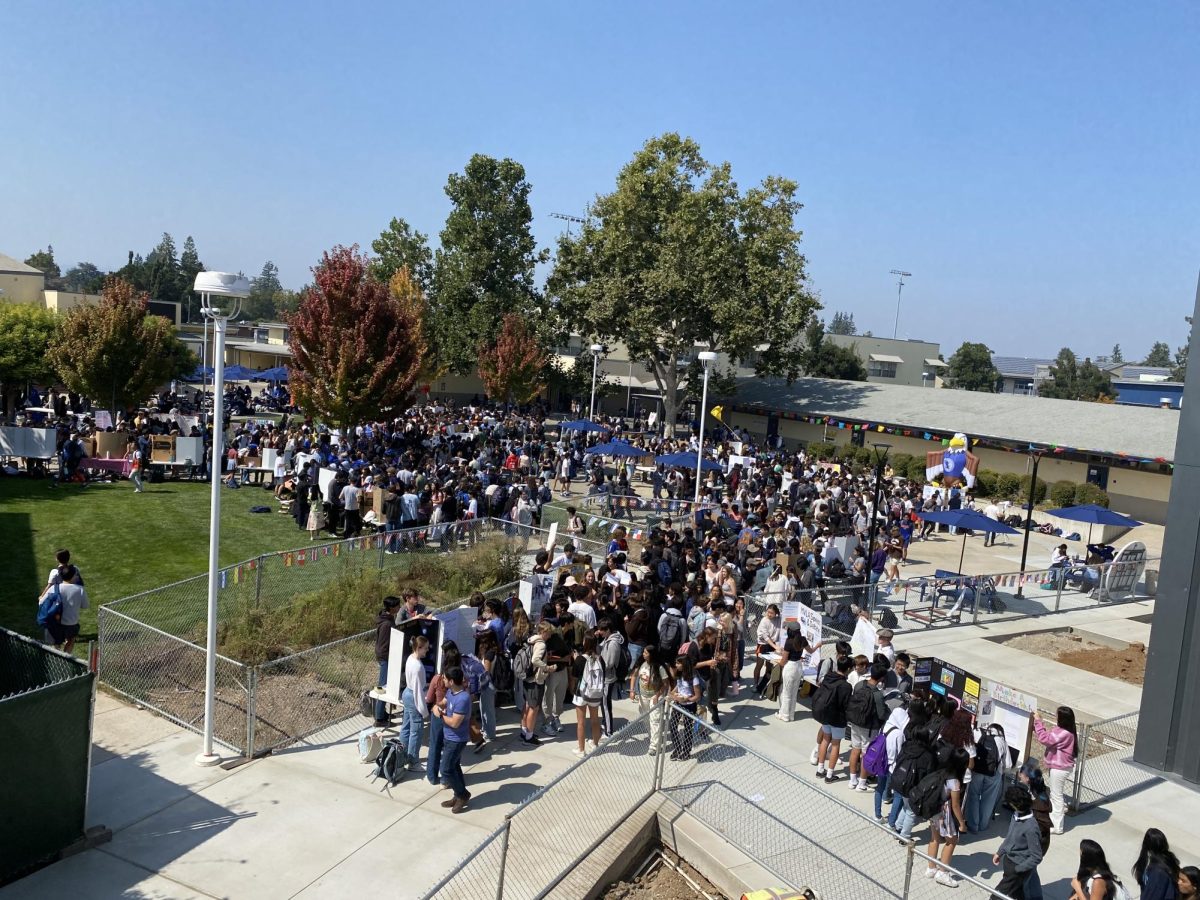Now that the dust has cleared from the turbulent time we call finals week, it may be time to examine the utility of these dreaded exams. Students constantly assert that finals do not accurately reflect their knowledge, and more importantly, can have a significant impact on their futures.
“I feel that finals don’t always test your overall knowledge,” junior Konrad Niemic said. “You can be a really bright person but bomb a test.”
Or, vice versa. Certain academic subjects are more suited for finals-type examination than others. The proper construction of finals is also an issue that arises. However, as long as these factors are taken into consideration, final exams can be a assessment of an individual’s knowledge of a subject.
Some subjects are simply not as suited for ideal exams as others. This is not something under our control, but it is due to the inherent nature of such subjects. Subjects such as math and science are clearly subjects in which a student’s knowledge can be objectively assessed by testing. For the most part, there is no gray area in these subjects, but instead there is a clear right and wrong.
“Some subjects are a little more straightforward,” English teacher Lindsey Regoli said. “In math, for example, you can give a test that covers how ever many units you’ve covered in a semester.”
However, more interpretive subjects such as history or English are substantially less clear-cut, with more subjectivity.
“On the one hand we’re evaluating their overall growth throughout the year, and at the same time we can use the final to evaluate how their writing has grown over the year,” Regoli said. “But that’s not necessarily encompassing all of the themes and content that have been presented.”
Though history classes typically give multiple choice examinations, history is inherently an interpretive subject–essentially a matter of perspective. And though it is important to have multiple choice components count toward a student’s grade or AP test score, history is generally not a subject that should be broken down into such objective terms, unless it is presented in its simplest form.
“Even though I give massive multiple choice tests as finals, I think that multiple choice tests are almost the lowest common denominator,” Social Studies teacher Pete Bjorklund said. “But they are a necessary evil because of standardized testing. I try to cover as much as I can in the final, and I can get at so many different facets, that it’s a decent, but not the best, evaluation of knowledge.”
The next question regards the appropriate construction of final exams: All multiple choice? Essay or written portions? All written? Once again, this is entirely dependent on the subject. In order to accurately assess a student’s knowledge, a final exam must be constructed in a comprehensive yet balanced way, determined by the subject in question. For many subjects, a written portion is an invaluable assessment of a student’s knowledge.
“I like to give a writing component,” Bjorklund said. “Any time you have to take and synthesize information and put it into writing shows understanding much better than a multiple choice test.”
Students also share this same sentiment.
“I think finals should be more about how you apply the information instead of simply how well you can retain it,” junior Kimberlyn Tilley said.
Provided that finals are adequately structured and appropriate to the course subject, they can be an effective tool in assessing one’s knowledge. Sometimes the amount of information required for success on a final is considered excessively demanding, but in reality, a final is meant to assess a student’s knowledge at the end of a term or course. As such, it is within the realm of reason to provide a comprehensive examination in order to truly assess what information a student has retained. In addition, the hallmark of true knowledge is to actually be able to work with it, to call it forth at a moment’s notice, and that is definitely similar to what is required from students throughout finals week.
Students constantly gripe about finals; that is a known fact. But if finals are put into the context of the future, do they still seem as unreasonable? In a way, finals test more than knowledge. They transcend the capabilities of a typical exam. They are highly reflective of life–unyielding pressure, no second chances, split second decisions. Finals essentially test both the person and their knowledge. Life does too, so we might as well get used to the evil we know today as final examinations.








